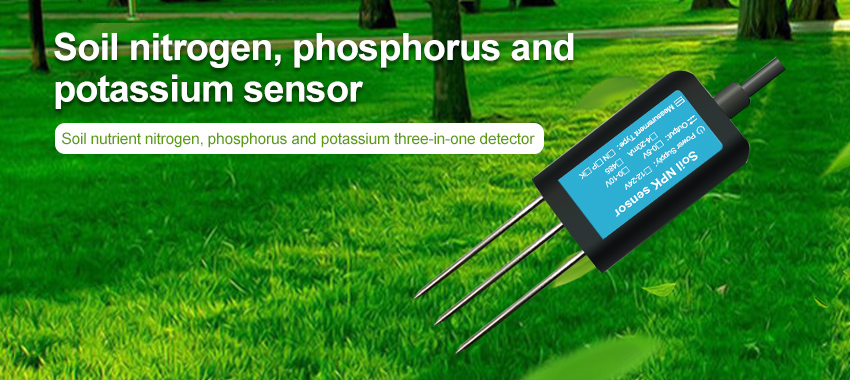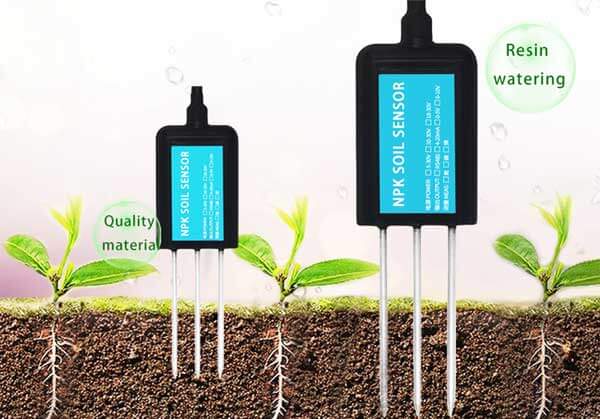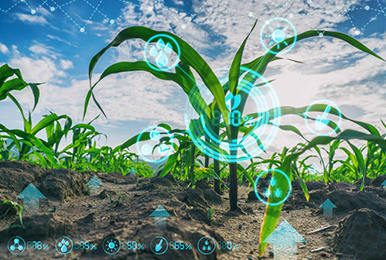Soil fertility sensor

Soil fertility sensor are divided into two categories: physical sensors and chemical sensors.
Physical sensors measure soil temperature, water content and electrical conductivity. It provides information about soil texture, structure and moisture levels.
Chemical sensors measure soil pH, nutrient levels and soil chemistry. Based on the information gathered from these sensors, farmers can make informed soil management decisions.
Soil fertility sensors or soil moisture sensors are designed to measure soil parameters such as moisture or nutrient level to sustain the optimal growth of plants. The main purpose of these sensors is to provide real-time information that can be used to make appropriate soil management decisions. These sensors are mainly used in precision agriculture, where the farmers are interested in maintaining an optimum balance of soil fertility.
What is soil fertility?
Soil fertility is one of the vital factors that affect the growth of plants. Fertilizers are essential to maintain the balance of soil nutrients and nutrients are equally distributed among the crops. Maintaining proper fertility is a challenging task, which requires awareness of soil nutrients and its properties. Soil sensors help farmers to determine soil characteristics and required nutrients to maintain or enhance soil fertility.

Soil sensor monitoring data can be used for the balanced application of fertilizer and nutrients to plants. This reduces the use of fertilisers and saves farmers money. Overuse of chemical fertilizers can lead to environmental pollution, while underuse can lead to crop loss. Soil sensors can determine the exact amount of fertilizer and nutrients a plant needs for optimal growth. Optimal use of soil nutrients also contributes to agricultural sustainability.

Soil fertility sensors can also be used to manage and control water usage in agriculture. The sensors can provide real-time soil moisture content, and farmers can adjust water application based on crop requirements. By managing water irrigation, soil sensors can also help in reducing water wastage and contribute to the conservation of the environment.
In conclusion, soil sensors play a vital role in maintaining soil fertility and optimizing crop yield in agriculture. With the increasing demand for food, it is essential to maintain soil fertility and maximize crop productivity. Soil sensors provide real-time information on soil properties that can be used to make informed decisions on fertilization and irrigation. This saves time, money, and resources, reduces environmental pollution, and ensures the sustainability of agriculture in the long run.